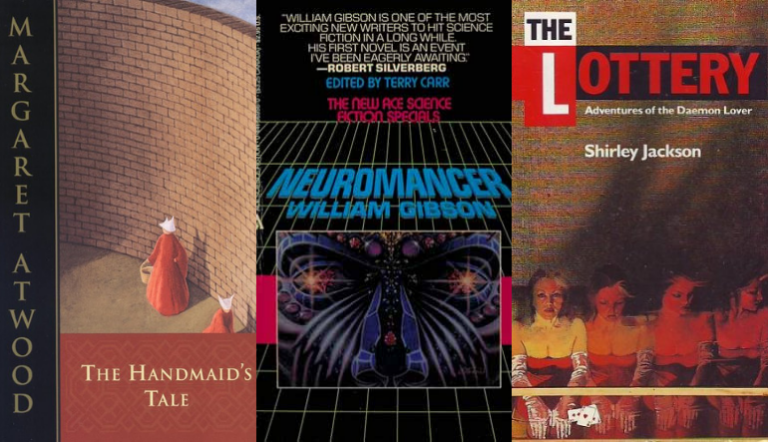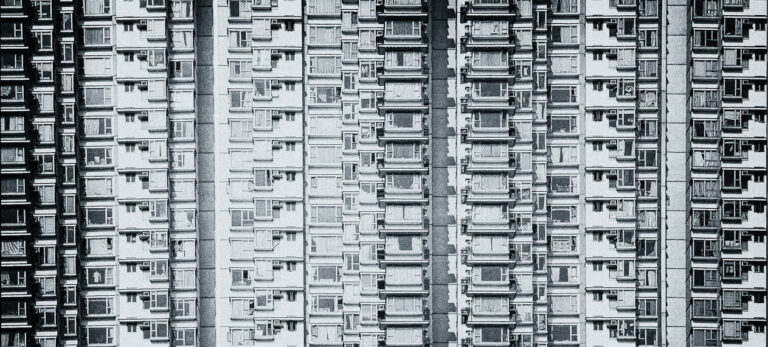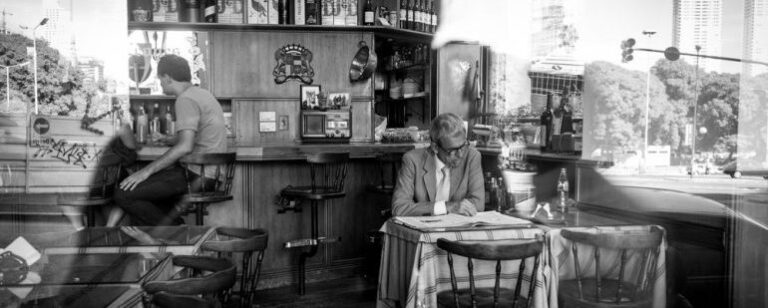Hidden Idiom
Around this time last year, Jamaica held its first Pride parade. The whole thing took place in the country’s capital. There’s a smog that settles over Kingston in the afternoon, like this funk that pedestrians and motorists and bike-riders can’t avoid, and I imagine it wasn’t all that different for the parade’s attendees, nervous as they could’ve been, beneath the uncertainty underlying the event.
Because, at this point, the grip of masculinity (or, maybe just as accurately, anti-femininity) in Caribbean culture isn’t exactly a secret. The word is out. It’s been documented near and abroad. Junot Díaz has touched on it extensively. Jamaica Kincaid has touched on it extensively. Marlon James investigates it often (if not always), Tiphanie Yanique unpacks its shadows in her stories and her novel, and it’s the dirge Nicole Dennis-Benn negotiates in her new work, Here Comes the Sun: the impossibility of shining in a culture that paints you invisible.
In conversation with Chinelo Okparanta (another author who navigates queerness and darkness), Benn’s called the subject her responsibility:
“Though I write fiction, my stories must take place in the “real world.” Even if I don’t intend on writing the “real world,” it seeps in because I am a product of it; an active participant in it—the politics, the socio-economic disparities, the religiosity, the homophobia, the classism, the complexionism, the sexualization of our girls. When those things do show up in my work I have to get it right… However, I usually end up writing my way through a dark tunnel, discovering myself in the process. That’s the only way I see preserving dignity—by telling truths.”
If you aren’t from the islands, it’s easy to forget that there are serious questions beneath the sunshine. Which makes the crop of Caribbean authors popping up all over the place so stirring: they’re demanding that these conversations take place. Whether in essays on negritude and saudade, or navigating identity in beach-city USA, exclamations that would’ve been avoided as recently as a few years back, out of necessity for safety, are taking place out in the open. It’s unabashed and nuanced and lovely to see, and there’s no “single” identity, because we’re getting a multitude of narratives, and it’s a little like what James has described for Guernica:
“There are a lot of Caribbean writers who would disagree with me. They believe, “No, we still have these same fights.” They have a more militant idea about identity. And what we should and should not write. And I just don’t care. The whole idea of who should say what… I really don’t care. Who has a right to tell a story? Anybody can do anything. And if you do it badly, they come after you.”
As recently as 1976, Jamaica was a military state. Citizens were detained without cause. The cities held a curfew. Conversations about one thing were always about something else, because no one could truly speak freely, it was a privilege they simply weren’t afforded. And this was just in regards to getting by: let alone your identity. Any difference, any abnormality, was akin to suicide.
And so these silent conversations became a language in themselves. People grew fluent. They learned the idioms, navigated the subtext. Which makes it, or authors who are just as skilled in navigating the silent conversation and investigating its demands/rigors.
Which is what makes, or made, Jamaica’s Pride parade so amazing. The fact that it exists at all, despite everything, transcends possibility. It’s something that can only be built upon, it gives you a little hope for the future; but, as Dennis-Benn notes, it’s hardly evidence that these stories need to come to an end:
“In American I can live freely as an out, married lesbian, but not as black. In Jamaica, I can be black — conditionally — but not gay (unless, of course, I’m in the right class — a social construct as antiquated and traumatizing as the buggery law, which is still at large, looming like the old, officious stench of colonialism). A proud lesbian and a proud Jamaican. So simple, I think, to hold two flags in two different hands.”


